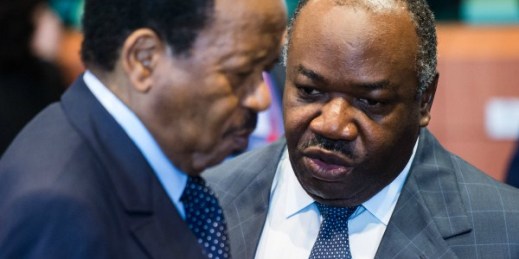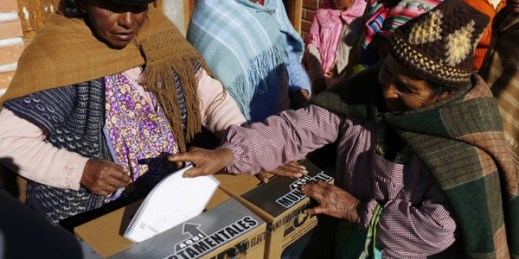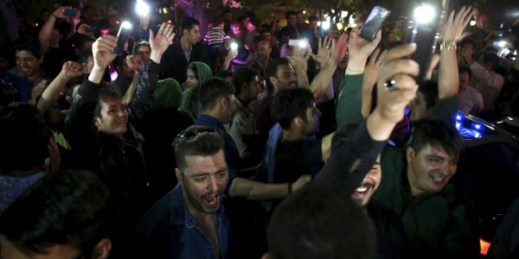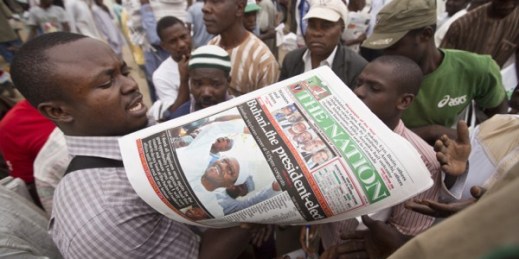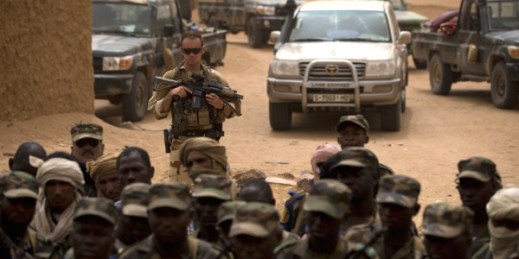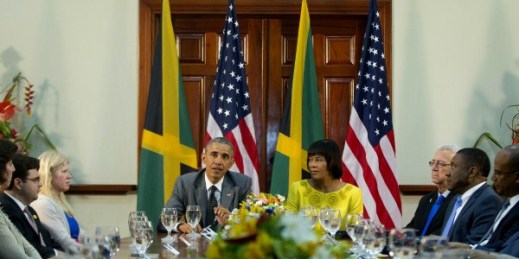
U.S. President Barack Obama’s announcement of $20 million in financing for private investment in Caribbean clean energy projects at a meeting yesterday with the region’s leaders in Kingston, Jamaica, comes at a good time: After a lost decade, during which easy access to cheap Venezuelan oil undermined incentives to seek alternative sources, the Caribbean now faces long-deferred decisions on how it sources and uses energy. The slump in global oil prices has hit Venezuela’s economy hard, threatening its Petrocaribe trade program, established by the late Venezuelan President Hugo Chavez in 2005 to sell subsidized oil and diesel to the group’s […]

